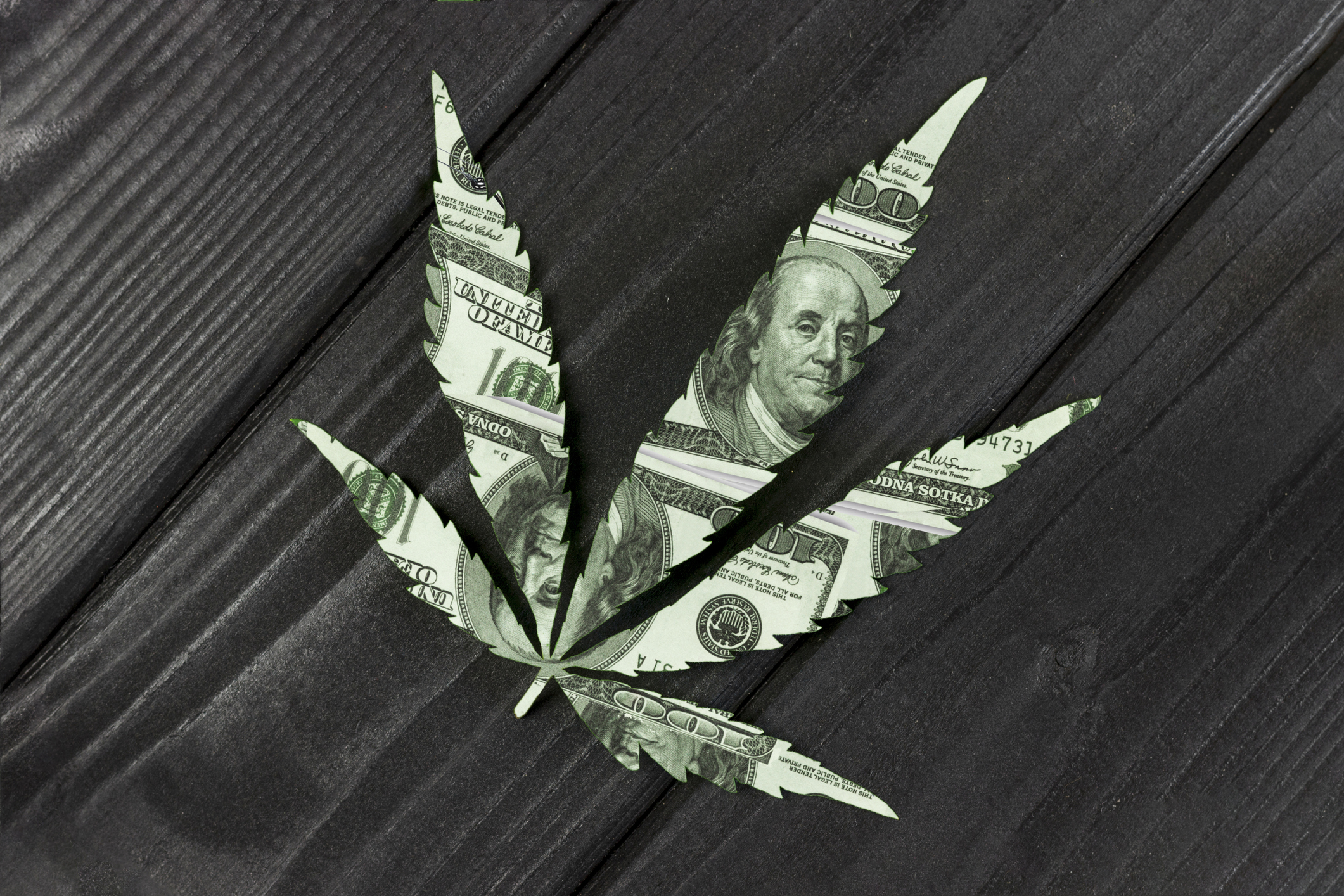Taxpayers seeking to shed light on this ambiguity may look to other sections of the tax code. While these definitions aren’t binding for Section 1202 purposes, they may offer valuable insights into the scope of the definition of farming intended by Congress:
Section 2032A(e)(5): Farming includes handling, drying, packing, grading, or storing commodities, and preparing trees for market.
Section 464(e): Farming activities exclude non-fruit/nut-bearing trees.
Section 6420(c)(3): Farming activities may involve managing, conserving, improving, or maintaining farms, including tools and equipment.
Treas. Reg. 1.263A-4: Purchasing and reselling plants grown entirely by another party does not constitute farming.
- Reg. 1.263A-4(a)(5): In determining whether a plant is held for further cultivation and development prior to sale (i.e., considered a farming activity), consideration will be given to all of the facts and circumstances, including value-added by the taxpayer to the plant through agricultural/horticultural processes, length of time between the taxpayer’s acquisition of the plant and the time the plant was made available for sale, and whether the plant is kept in the container in which purchased, replanted in the ground, or replanted in a series of larger containers as it is grown to a larger size.
- Reg. 1.263A-4(a)(5)(ii)(B): Farming does not encompass product processing that goes beyond activities typically associated with growing, raising, or harvesting.
Treas. Reg. 1.175-3: Farming activities may include managing farms for profit through direct ownership or leasing arrangements.
As illustrated above, the tax code has taken numerous approaches to the definition of farming, so it’s unclear what farming-related activities may ultimately qualify for purposes of Section 1202(e)(3).
Mixed-use businesses involving farming and non-farming activities face even greater uncertainties under Section 1202(e)(3). However, recent guidance has indicated that Section 1202 may be more flexible than initially perceived. Private Letter Rulings
202221006 and
202125004 found that activities “merely incidental” to prohibited businesses wouldn’t violate Section 1202(e)(3).
Furthermore, in Private Letter Ruling
201436001, the IRS held that a qualified trade or business must not be primarily within a prohibited field, such as farming, operating a restaurant, or providing medical or legal services. These pieces of guidance show the IRS has historically interpreted the provisions of Section 1202(e)(3) in a liberal and taxpayer-friendly manner, which makes sense given Congress’ initial intent when drafting Section 1202 was to encourage investment of new capital into new and risky businesses.
Based on this information, we’ve outlined three broad categories to help taxpayers determine whether their farming activities are prohibited for Section 1202 purposes. If they’re mixed-use companies, we strongly recommend consulting with tax counsel to properly determine if there is a qualified trade or business.
Farming activities: Planting, growing, cultivating, germinating, or cloning cannabis plants; harvesting, trimming, and preparing plants for processing; and irrigation and fertilization.
Unclear if farming activities: Pest and disease management; breeding and strain development, such as creating new cannabis strains through selective breeding and genetic engineering to achieve specific traits or characteristics; microbusiness activities that include cannabis cultivation as a revenue stream; and ancillary services like marketing, management, leasing agreements, retail packaging, and storage.
Non-farming activities: Processing and manufacturing cannabis plants into various products, such as oils, edibles, topicals, and concentrates; distribution and logistics, including the transportation and delivery of cannabis products from manufacturing facilities to retail stores or end consumers; retail operations, such as brick-and-mortar dispensaries or online platforms for selling cannabis products; operations of consumption lounges, where onsite retail sales and consumer consumption of cannabis are permitted on the same premises; and research and development focused on scientific research to develop new products, improve existing formulations, or study the potential medical benefits of cannabis compounds.
Cannabis companies may face some big challenges and uncertainties when assessing QSBS eligibility or defending one’s position upon audit. While this uncertainty may generate excitement or anxiety, depending on one’s risk tolerance, it’s undeniable that cannabis companies that properly tailor their structures to their specific operations to maximize their Section 1202 tax benefits can potentially save millions in taxes.



































